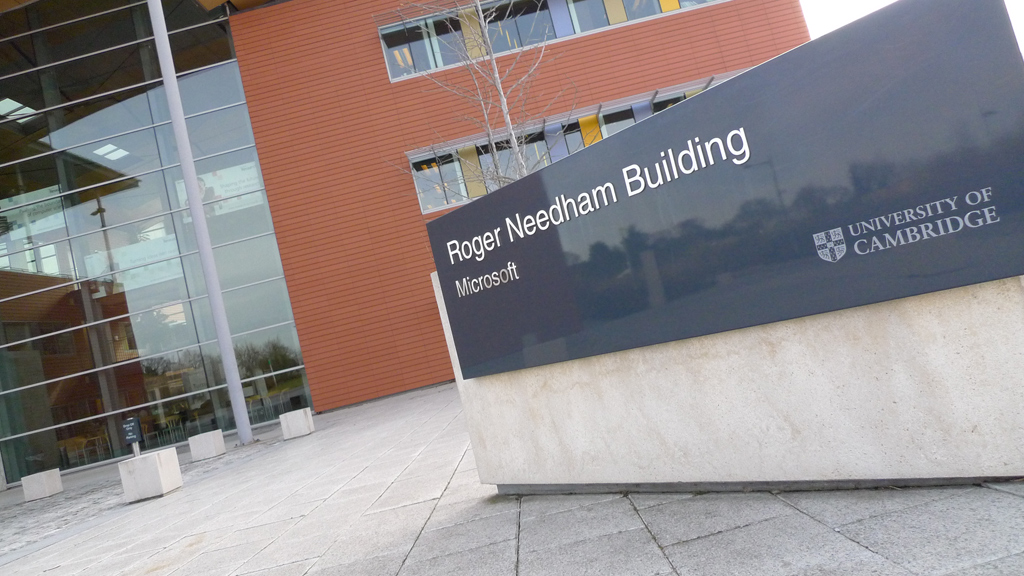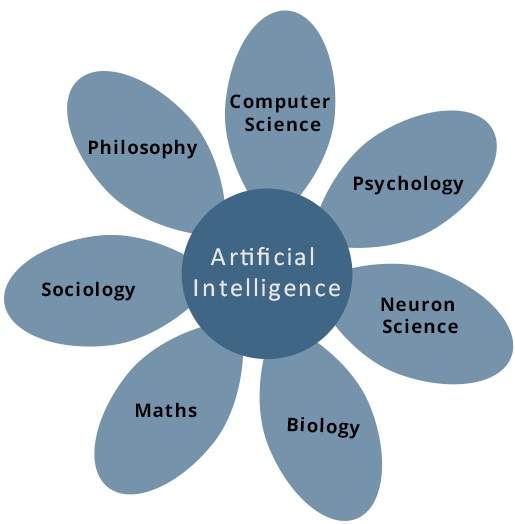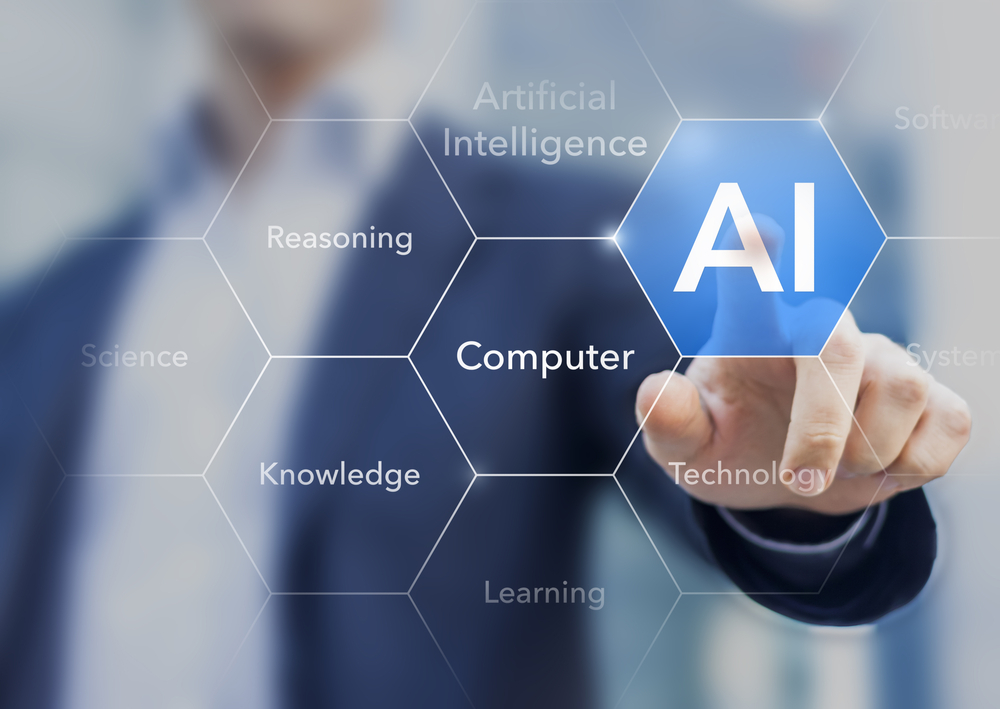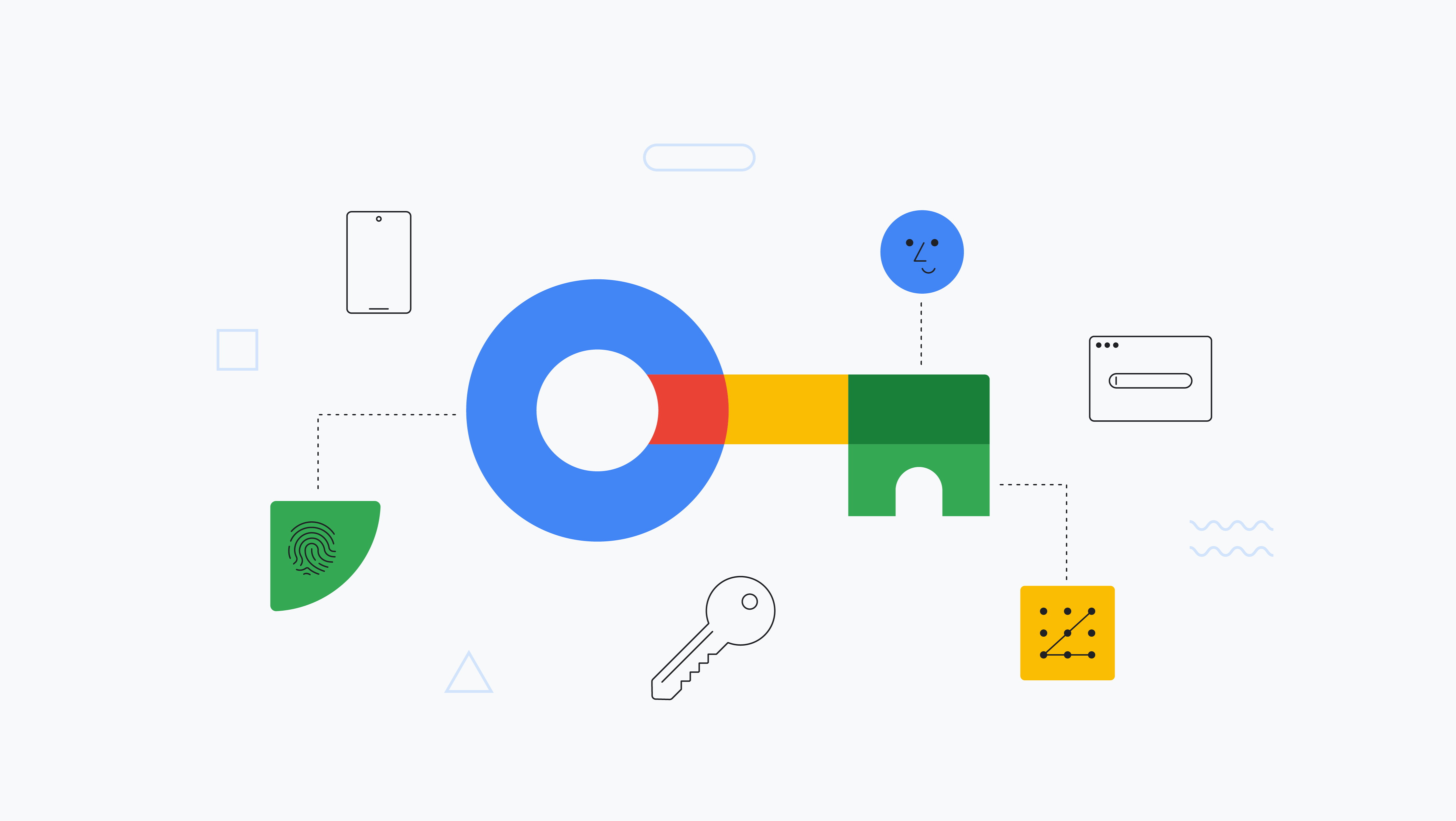In what could be one of the boldest moves by a company not primarily in the healthcare space, Microsoft claims that it will try to solve the cancer problem in 10 years using artificial intelligence, machine learning and deep learning in several ways.
The software company already has about 150 people working in its facilities in Cambridge in the UK towards that goal. Several teams have been formed, each with its own objective. One team is currently working on using natural language processing – a component of artificial intelligence – to go through the billions of data points and petabytes of online information and research published on cancers. Another team is working on helping scientists “program” certain healthy cells to allow them to fight cancerous cells. Yet another team is working on finding the best treatments for various types of cancer, and so on.

But Microsoft is not the first tech company to step into this space. In fact, research and deployment at IBM Watson Health has been doing this for several years, working with hospitals and medical professionals in the United States and several other countries in an attempt to accurately diagnose cancer types and identify the best form of treatment. In fact, Watson is already helping doctors all over the world with its extensive research capability and natural language processing to study and filter through millions of publications to help identify the ideal course of treatment for several cancers.
As is the case with IBM Watson Health or even Google’s DeepMind projects, Microsoft isn’t trying to replace doctors with intelligent machines. These artificial intelligence projects are merely being deployed to reduce manual labor during the research, diagnosis and therapeutic processes involved in the treatment of various types of cancer.
The most useful applications of artificial intelligence arise from its ability to sift through an unbelievable amount of information in a much shorter amount of time than a human possibly can. According to one of the senior researchers at the Microsoft lab and a professor of biochemistry at Cambridge University, Jasmin Fisher:
“We’ve reached the point where we are drowning in information. We can measure so much, and because we can, we do. How do you take that information and turn that into knowledge? That’s a different story.”
And that’s essentially the entire key to understanding artificial intelligence in its many forms. Converting data into knowledge – actionable, validated knowledge. From the plethora of data available to an artificial intelligence program, it uses various methods such as neural networks, natural language processing, image recognition, speech analysis and other advanced techniques, an AI program is able to draw conclusions and make recommendations on complex matters.
Here’s a diagram that shows the various subjects that an artificial intelligence system needs to master before it can become practically useful.

In a sense, these systems have to first be “educated” just like a human expert in any field of study. Only after they have achieved this level of knowledge can they start making decisions and providing courses of action in a given situation.
And that’s why it takes years before any artificial intelligence system is able to capably advise a medical professional such as a radiologist or oncologist on how to deal with a particular case of cancer.
Ten years might seem like a long time, but for the challenge that Microsoft has taken on, it’s grossly inadequate. Not only will it have to become an expert on diagnosing over 200 types of cancer, but it will need to virtually “own” every single piece of information available on the subject. Of course, computers can do in weeks and months what takes human researchers years and decades to achieve, but it is still a Gargantuan task that amounts to ingesting, digesting and understanding trillions upon trillions of data points to arrive at any meaningful and sustainable results.
The question is not whether Microsoft will be able to do it, but whether artificial intelligence itself will evolve fast enough for this to happen. There’s no doubt that computers will one day be much better than humans at identifying symptoms, diagnosing a disease, recommending the best therapy and even carrying out therapeutic or surgical procedures. We’re already seeing evidence of superior performance by AI programs not only in the field of medicine, but also technology, cybersecurity, education, finance and so many other disciplines.
The real question is how long it will take, not whether or not it will happen.
In the meantime, thank God for companies like Google, IBM, Microsoft and so many others that have found a measure of monetary motivation to fight and defeat one of modern civilization’s worst afflictions – cancer.
If you’re reading this on Apple News, please favorite the 1RedDrop channel to add us to your news feed, or Like our page on Facebook. Please bookmark our site for more insightful articles on current and future technologies that are changing our lives.



